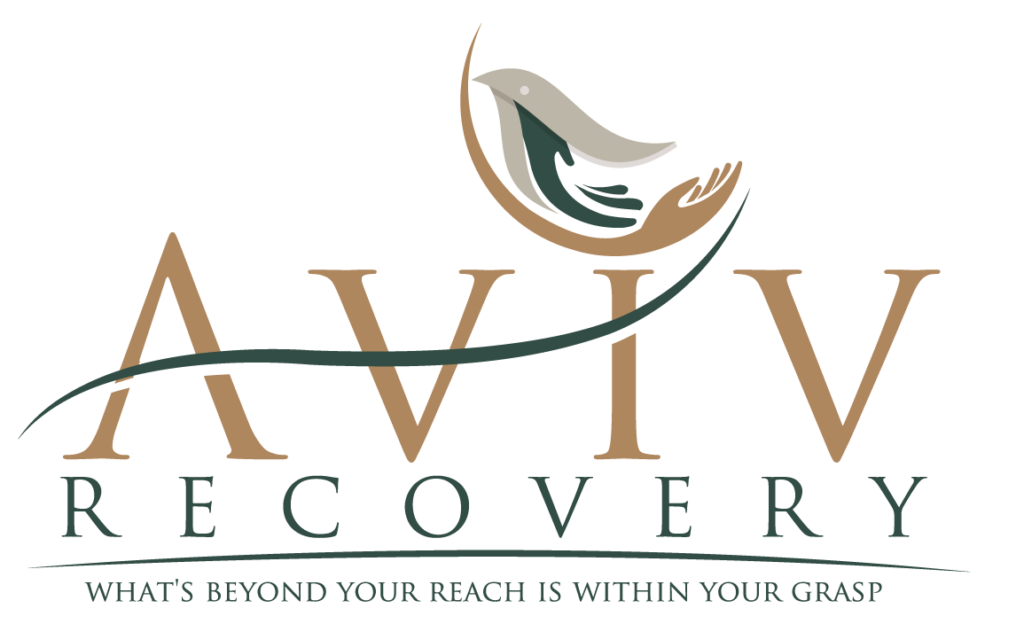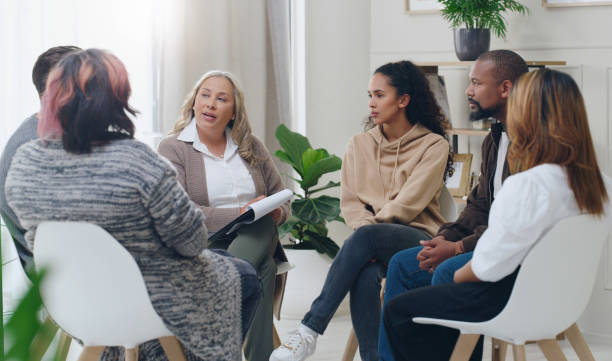
Understanding IOP Basics
Intensive Outpatient Programs (IOP) are an essential part of mental health treatment in Virginia. Offering flexibility, these programs cater to individuals who require structured therapy sessions but do not need 24-hour supervision. At Aviv Recovery, a seasoned provider with over two decades of experience, we specialize in delivering compassionate care tailored to each individual’s needs. With our thorough understanding of iop virginia, we ensure the right balance between treatment and personal life.
Aviv Recovery provides specialized treatment for various conditions, including substance use disorders and mental health challenges. Our experienced team uses a multi-disciplinary approach to offer evidence-based therapies and personalized care plans for every patient. This emphasis on individualized treatment helps achieve long-term recovery.
Why IOP Virginia Matters
IOP programs hold significant importance in the mental health landscape. They bridge the gap between inpatient care and regular outpatient therapy, offering both structure and flexibility. IOP Virginia serves as a viable solution for those who need intensive support but cannot commit to residential care.
Our experience at Aviv Recovery shows that intensive outpatient care empowers individuals by allowing them to apply coping mechanisms in real-world settings. It encourages active participation from patients and their families, fostering a collaborative healing environment.
Patients benefit from several therapies, including cognitive-behavioral therapy (CBT), dialectical behavior therapy (DBT), and motivational interviewing. With these therapies, we aim to instill long-lasting behavioral changes and improve the overall quality of life for our patients.
Addressing Common Concerns About IOP Virginia
One frequent concern is whether IOP Virginia can effectively cater to severe cases. Based on our extensive history, these programs can manage a wide range of complexities, provided the patient does not require 24/7 monitoring. We customize each treatment plan to address individual needs and circumstances, ensuring that our patients receive the highest level of care.
Another common question revolves around participation requirements. For successful treatment, patients must engage in group activities, individual therapy sessions, and family counseling. Aviv Recovery’s approach guarantees a comprehensive support system, one that includes educational workshops and skill-building activities to promote sustainable recovery.
Trust is paramount. Our commitment to transparent communication and continuous assessment builds our clients’ confidence in our services. We encourage feedback to refine and enhance their treatment experience, ensuring a supportive and effective care environment.
What Makes IOP Virginia Effective?
IOP Virginia’s effectiveness largely stems from its holistic approach. By focusing on both mental health and addiction issues, these programs provide comprehensive recovery solutions. At Aviv Recovery, our success is driven by our dedicated team of professionals who possess a deep understanding of iop virginia.
- Personalized treatment plans
- Evidence-based therapies
- Comprehensive support systems
- Seamless integration into daily life
We believe in a patient-centric model, where empathetic care and clinical excellence go hand in hand. The skills learned in IOP programs empower our patients to navigate challenges confidently, leading to enduring recovery.
What Qualifies as an IOP Virginia Emergency?
In Virginia, an iop emergency occurs when an individual’s condition risks deteriorating without immediate intervention from an IOP setting. This might include worsening symptoms of a mental health disorder or potential relapse into substance use, where immediate support can prevent a crisis.
Effective management involves a clear process:
- Identify signs of crisis or relapse potential.
- Contact IOP Virginia providers for immediate assessment.
- Initiate emergency intervention protocols if necessary.
The emphasis at Aviv Recovery is on rapid response and stabilization, followed by an adjustment to the individual’s treatment plan, to ensure continuity of care and support.
Ways to Benefit from IOP Virginia Programs
Participating in an IOP Virginia program requires active engagement and openness to change. At Aviv Recovery, we support our clients through every step of their journey, ensuring they maximize the benefits offered by IOP.
Adopting new coping strategies and engaging in continuous self-reflection are key factors in attaining success. By participating in group discussions, patients can learn from others’ experiences while sharing their own, fostering a community of mutual support.
Moreover, family involvement is encouraged in these programs. Including loved ones in therapy sessions helps strengthen relationships, creating a supportive network that aids in the recovery process.
Our commitment to providing a nurturing and empowering environment makes Aviv Recovery a leader in iop virginia services. Patients leave with essential skills and renewed hope, ready to lead fulfilling lives.
What are the basics of Intensive Outpatient Programs (IOP) in Virginia?
Intensive Outpatient Programs, or IOPs, are designed to offer a structured yet flexible treatment approach for individuals dealing with mental health issues and substance use disorders. These programs are crucial as they provide necessary support while allowing participants to live at home, maintaining their day-to-day responsibilities. At Aviv Recovery, we specialize in customizing our programs to meet individual needs, drawing on over two decades of experience to provide compassionate, evidence-based care. Our goal is to bridge the gap between inpatient care and regular outpatient services, offering an environment that promotes healing and recovery while allowing participants to practice coping strategies in real-world situations.
Why are IOP programs important for mental health treatment in Virginia?
IOP programs serve as a critical component in the continuum of care for mental health and addiction treatment. They offer a balance for individuals who do not require constant supervision but need more support than traditional outpatient therapy provides. For many, IOPs represent a lifeline, offering structured therapy sessions that can be tailored over time to meet changing needs. For instance, a participant can gain significant benefits from therapies like cognitive-behavioral therapy (CBT) and dialectical behavior therapy (DBT), which are crucial for instilling long-term behavioral changes. Imagine a person who has just completed residential treatment; an IOP allows them to gradually step back into regular life with the support they need to avoid relapse and continue their recovery journey.
What factors contribute to the effectiveness of IOP programs?
The effectiveness of IOP programs largely hinges on their holistic, patient-centric approach. At Aviv Recovery, our program combines personalized treatment plans, evidence-based therapies, and comprehensive support systems, ensuring seamless integration into everyday life. Our dedicated team’s expertise in mental health and addiction recovery allows for a nuanced approach that empowers patients to navigate their unique challenges. Success stories often come from patients who actively engage in their treatment, learning to handle stressors and triggers effectively. The collaborative nature of IOPs, including family involvement, further supports the healing process, creating a network of accountability and encouragement that is vital for sustainable recovery.
What are some common concerns about IOP programs and how are they addressed?
One common concern is whether IOPs can handle severe cases. It’s important to note that IOPs are well-equipped to address a wide range of complexities, as long as the patient doesn’t need 24/7 monitoring. Our approach at Aviv Recovery is to customize care plans to fit individual circumstances, ensuring each patient receives the most effective treatment possible. Another concern often revolves around participation requirements. Engaging in group and individual therapy, as well as family counseling, is crucial for success. To address these concerns, we emphasize transparent communication and encourage feedback, ensuring our clients are confident in their treatment journey.
What qualifies as an IOP emergency in Virginia?
An IOP emergency typically arises when there’s an imminent risk that an individual’s condition could worsen without immediate intervention. This could involve escalating mental health symptoms or a potential relapse into substance use. At Aviv Recovery, we prioritize rapid response and stabilization. We guide families and individuals through a structured process: recognizing signs of a crisis, contacting our providers for an assessment, and implementing emergency protocols. The goal is to adjust the individual’s treatment plan swiftly to maintain continuity of care and support. This proactive approach ensures that patients are not left to navigate crises alone.
How can individuals maximize the benefits of participating in an IOP program?
To get the most out of an IOP program, participants should actively engage with the process and remain open to change. At Aviv Recovery, we support our clients by reinforcing new coping strategies and encouraging continuous self-reflection. Participation in group discussions enriches the experience, as patients learn from each other’s journeys while contributing their own insights. Moreover, family involvement significantly strengthens the recovery process by fostering a supportive home environment. We make it our mission to cultivate a nurturing atmosphere where patients can develop essential skills for a fulfilling life beyond treatment. Consider what achievements in personal growth you could pursue with the right support–a question worth pondering as you think about the next steps in your journey.
Resources
- Substance Abuse and Mental Health Services Administration (SAMHSA) – SAMHSA is the leading government agency in the United States dedicated to reducing the impact of substance abuse and mental illness on America’s communities.
- National Alliance on Mental Illness (NAMI) – NAMI is a grassroots mental health organization dedicated to building better lives for the millions of Americans affected by mental illness.
- National Institutes of Health (NIH) – NIH is the primary agency for conducting and supporting medical research and is composed of 27 Institutes and Centers.
- American Psychiatric Association (APA) – The APA is the leading psychiatric organization in the world, representing over 38,000 psychiatric physicians.




